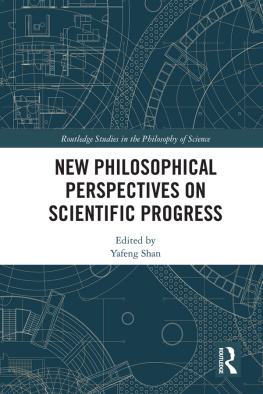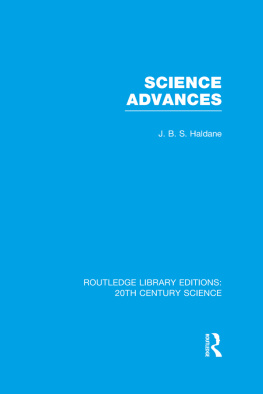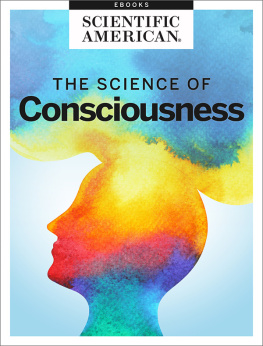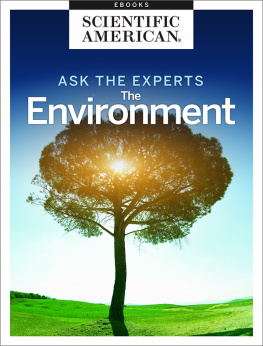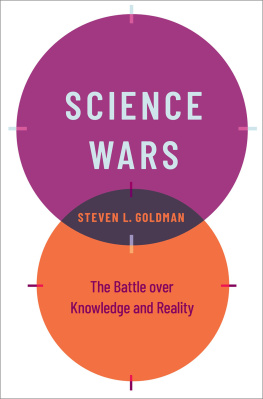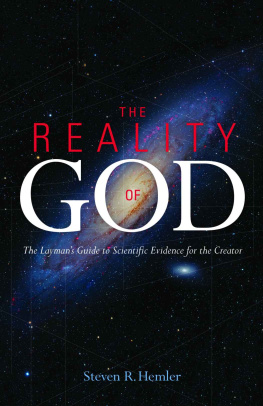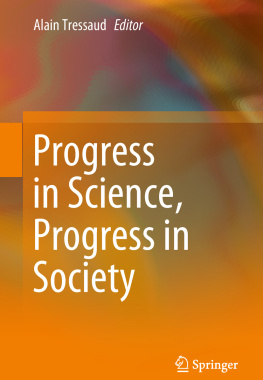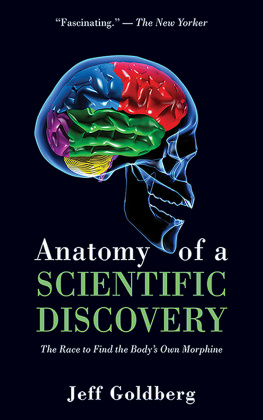Thank you for buying this ebook, published by NYU Press.
Sign up for our e-newsletters to receive information about forthcoming books, special discounts, and more!
Sign Up!
About NYU Press
A publisher of original scholarship since its founding in 1916, New York University Press Produces more than 100 new books each year, with a backlist of 3,000 titles in print. Working across the humanities and social sciences, NYU Press has award-winning lists in sociology, law, cultural and American studies, religion, American history, anthropology, politics, criminology, media and communication, literary studies, and psychology.
Culture Clash
CULTURE CLASH
Law and Science in America
Steven Goldberg
NEW YORK UNIVERSITY PRESS
New York and London
Copyright 1994 by New York University
All rights reserved
Library of Congress Cataloging-in-Publication Data
Goldberg, Steven, 1947
Culture clash: law and science in America / Steven Goldberg.
p. cm.
Includes bibliographical references and index.
ISBN 0-8147-3057-4 (acid-free paper)
1. Science and law. 2. ResearchLaw and legislationUnited
States. I. Title.
KF4270.G65 1994
344.73'095dc20
[347.30495] 94-12247
CIP
New York University Press books are printed on acid-free paper,
and their binding materials are chosen for strength and durability.
Manufactured in the United States of America
10 9 8 7 6 5 4 3 2 1
To Benjamin Goldberg
Contents
Acknowledgments
I am grateful to numerous faculty members, students, and staff at the Georgetown University Law Center for their help with this book. In faculty workshops and in seminars in law and science and law and religion I invariably learned a great deal. Contributions of particular importance were made by my colleagues Thomas Krattenmaker, Louis Michael Seidman, and Girardeau Spann, as well as by my research assistant Janice Marchiafava. The Law Center provided financial support in the form of writers grants, and I benefited as well from workshops at the Indiana University School of Law at Bloomington and Yale Law School.
I am grateful to several law reviews for permission to draw on the following articles of mine that originally appeared in their pages: The Central Dogmas of Law and Science, 36 Journal of Legal Education 371 (1986), 1986 by the Association of American Law Schools; The Changing Face of Death: Computers, Consciousness, and Nancy Cruzan, 43 Stanford Law Review 659 (1991), 1991 by the Board of Trustees of the Leland Stanford Junior University; The Constitutional Status of American Science, 1979 Illinois Law Forum 1 (1979), 1979 by the Board of Trustees of the University of Illinois, Controlling Basic Science: The Case of Nuclear Fusion, 68 Georgetown Law Journal 683 (1980), and The Reluctant Embrace: Law and Science in America, 75 Georgetown Law Journal 1341 (1987), 1980 and 1987 by The Georgetown Law Journal Association and Georgetown University.
Finally, I would like to thank Missy, Joe, and Becky, who know that the most valuable seminars are the ones we hold at the dinner table.
Culture Clash
ONE
Introduction
Americas relationship with science is paradoxical. On the one hand, we proudly support basic research that yields stunning breakthroughs and Nobel Prizes. We then relish the ensuing debate about the implications of scientific advances. Will genetic engineering change our basic nature? Will artificial intelligence challenge our sense of human uniqueness? On the other hand, the actual implementation of new technology is often slow and sporadic. The technologies that were supposed to provide abundant energy, inexpensive medical care, and a new sense of humanity always seem a few years away. The result is grumbling about a wasteful and uncompetitive American economy.
The cause of this paradox is the subject of this book. The slippage between the promise of American science and the reality of commercial technology has triggered national debate. Some blame government regulation for the burdens on technology; others call for government support of new products in an effort to mimic Japan.
But the roots of the paradox lie deeper in the soil of American society. Government regulation and support do not appear by magic or disappear by fiat. Understanding our situation requires a detailed look at the intersection of two cultureslaw and sciencerarely considered in tandem. Their relationship encompasses far more than a court injunction against a power plant; it shapes the entire process from basic research to public debate about values to the implementation of new technology. Our analysis will show the fundamental strengths and weaknesses of our research-and-development system as well as explain what measures could alleviate the current gap between promise and performance in American science.
The book begins, in this chapter and the next, by looking at the dominant position of law and science in American culture and at the characteristic ways of thought of lawyers and scientists. The process orientation of lawyers is contrasted with the progress orientation of scientists.
We turn next, in , to the legal status of Americas basic research effort. We demonstrate how the Constitution and the relevant statutes provide extraordinary support for basic science and for the central role of the scientific community in controlling the direction of research. The legal community, including the courts, is seen to be remarkably weak in this area.
looks at the legal status of religion, a possible counterweight to the scientific perspective. In the American legal system, however, religion fares poorly when it conflicts with science; consequently, not only scientific research but scientific perspectives on moral issues permeate our culture.
turns to the commercialization of technology and demonstrates that here the constitutional and statutory system puts the lawyers firmly in charge. The scientific world view, far from being dominant, is a marginal factor. The result is what I call the regulatory gap, the cause of the screeching halt that often greets new ideas that fared well in the scientific world but not so well in the world of the lawyers. The paradigmatic case of nuclear energy is among those considered. The emergence of what I term the science counselor is also described, as scientists attempt to bridge the regulatory gap by bringing social concerns into play earlier in the research process.
concludes with a summary of the relationship between law and science in America and a set of suggestions for strengthening the role of science counselors without imperiling pure research.
At this point it is customary to note that scientific perspectives face a humanistic rival in shaping our society. The two cultures idea, popularized decades ago by C. P. Snow, has come to stand for the notion that two ways of thoughtscientific and artisticcompete for authority in modern life. They should, according to Snow, learn more about each other, but they are the two dominant points of view.
It is customary to invoke Snows two cultures, but it is wrong. The notion that literary values operate as some kind of equal counterweight to scientific values in modern American attitudes and policy-making is simply untenable. It should be noted from the outset that the two cultures idea has always had a distinctly British, as opposed to American, provenance. In 1959, when C. P. Snow delivered The Two Cultures, and the Scientific Revolution as the Rede Lecture at Cambridge University, he did discuss America as well as Great Britain as suffering from a gulf of mutual incomprehension between scientists and humanists. But just five years later, in his Second Look, Snow noted that in America the gulf was nowhere near as large as in Great Britain:


